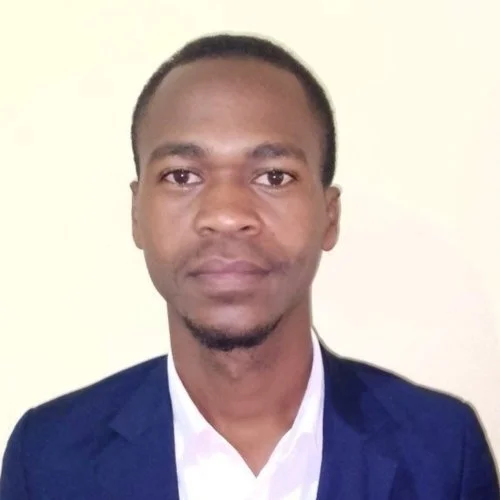Changemaker: David Githaiga
All of our team members contribute a great deal of knowledge and expertise to realizing human rights and social justice in mental health. Our Changemaker series gives us a chance to highlight individual team members, and speak to them about their backgrounds, roles, motivations, and hopes for the project.
In this post, we speak to research assistant David Githaiga.
What got you interested in mental health, social justice, and human rights?
My interest in mental health, social justice, and human rights is inspired by my lived experience as an outspoken mental health advocate and a caregiver offering psychosocial support to people living with mental health conditions. Mental illnesses have been prevalent in Kenya over the years, but less than half of the people affected receive treatment. The onset of Covid 19 further exposed the inhumane social injustices and human rights violations that people living with mental health conditions are subjected to. Surprisingly, most of these discriminatory cases are propagated by institutions mandated to protect and uphold the rights of people seeking psychological support. In addition, many Kenyan cultures hold on to age-old societal misconceptions that further aggravate the stigma surrounding mental health. The majority of these practices are coercive and restrict individuals living with mental health conditions from making decisions affecting them.
What is your role in this project?
I am a research assistant working collaboratively with my fellow research assistants and user organizations in Kenya to develop field research plans and support our senior researchers and the project coordinator in the recruitment of focus group participants and key informant interviewees. I work closely with community partners, and other participants and will be involved in analyzing the data collected during the research.
“My interest in mental health, social justice, and human rights is inspired by my lived experience as an outspoken mental health advocate and a caregiver offering psychosocial support to people living with mental health conditions.”
What do you think is the most urgent work that needs to be done?
There is an urgent need for funding for research in mental health. All breakthroughs in eliminating stigma, discrimination, and prejudice inherited by our communities concerning people living with mental health conditions, will only be achieved through research that will spearhead mental health education, and inclusion to enable individuals living with mental health conditions to be involved in the process of making policies affecting them.
How do you see this project contributing to your work and social justice aims?
This project is expanding my understanding of mental health regarding social injustices and human rights violations not just as a local issue but as a global crisis as well. Working with an interdisciplinary team of researchers across the world is increasing my awareness of service user experiences of involuntary detainment, seclusion, involuntary treatment, and restraints. This knowledge is significantly building my capacity to advocate for user organizations’ alignment with the UN's Convention on the Rights of Persons with Disabilities human rights framework and the WHO's Quality Rights Initiative.
How do you understand the impact of this project?
The impact of this project is to highlight the social injustices in mental health and enlighten the international community about the need to create safe spaces and sustainable policies to safeguard people going through psychological challenges and create easier accessibility of mental health services in a dignified and respectful manner free from discrimination.

